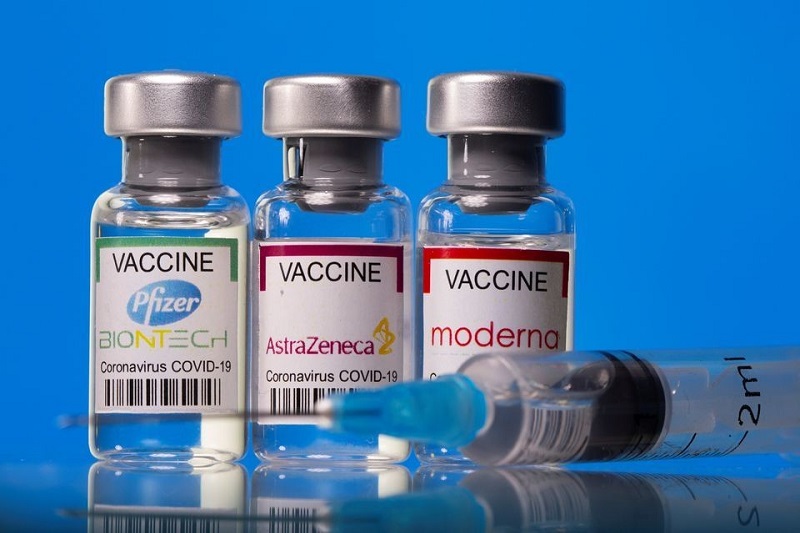
Herd Immunity: a ray of hope still valid in case of Covid-19?
Herd Immunity was a wild but hopeful concept last year, around the same time, when vaccines against Covid-19 had started being rolled out across countries. Experts and health authorities were now tracking new numbers – instead of daily death toll, new cases and recoveries we were now watching like a hawk over the number of people being vaccinated. All of a sudden, we had a goal set up – achieve herd immunity.
Herd immunity means that as a community we reach a point when number of people who have achieved immunity reaches that magic level that all those unvaccinated, children who cannot be vaccinated and people who fail to develop immunity despite vaccination are shielded from virus impact and spread. Basically, the virus fails to spread due to an invisible safety net developed due to immunity achieved by vaccinated people. This is how leading countries had, in past, successfully reached herd immunity stage against formidable diseases such as measles.
However, unfortunately the same concept might not be true in case of Covid-19. “The concept of classical herd immunity may not apply to Covid-19,” said Dr. Anthony Fauci, director of the United States National Institutes of Allergy and Infectious Diseases, during an interview with CNN. And that “means we’re not going to be without SARS CoV-2 in the population for a considerable period of time,” noted Fauci.
Related Posts
So what prevents Covid-19 causing coronavirus not play by the same rules as other diseases in past to make herd immunity possible? Foremost, the SARS CoV-2 virus that causes Covid-19 infection is mutating very rapidly and in quite significant ways. “We’ve already experienced over a period of two years that we’ve had five separate variants Alpha, Beta, Delta, Omicron. And now BA.2 from Omicron one,” Dr. Fauci noted.
Second reason noted by Dr. Fauci is that there is a widespread lack of confidence or acceptance of vaccines. As a result not many people are getting vaccinated. “The more contagious the virus, the more people have to be vaccinated to stop it from ripping through a community,” according to Dr. Adam Kucharski, co-director of the Center for Epidemic Preparedness and Response at the London School of Hygiene and Tropical Medicine.
Kucharski has estimated that in order to prevent 85 per cent transmission of virus as contagious as Delta variant, 98 per cent of population needs to be vaccinated. And evidently this number is quite distant at present. He adds that if vaccines are unable to prevent transmission then reaching herd immunity probably wouldn’t be a possibility.




